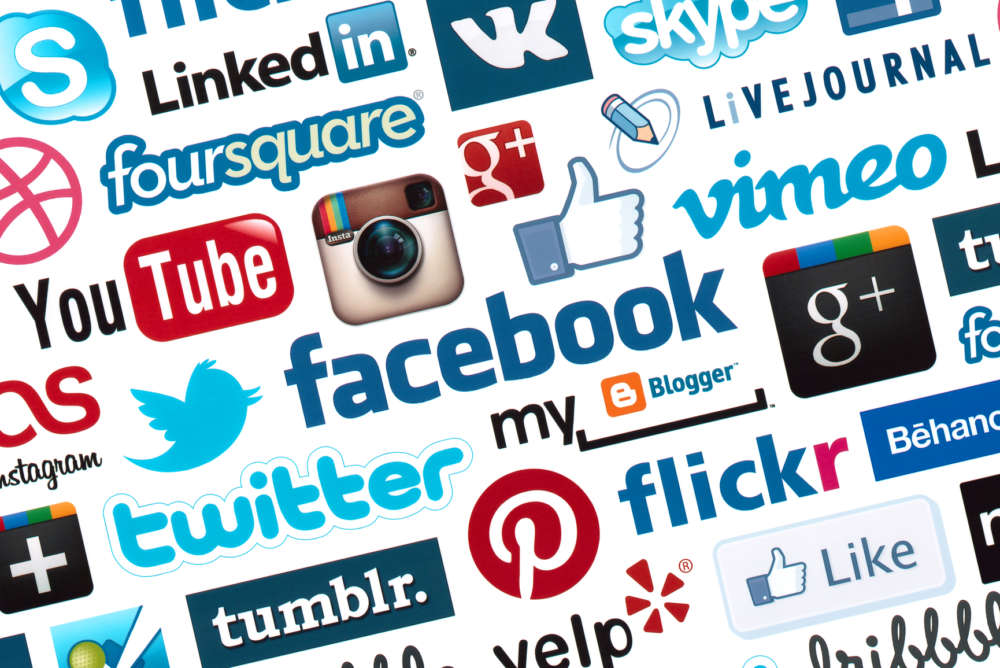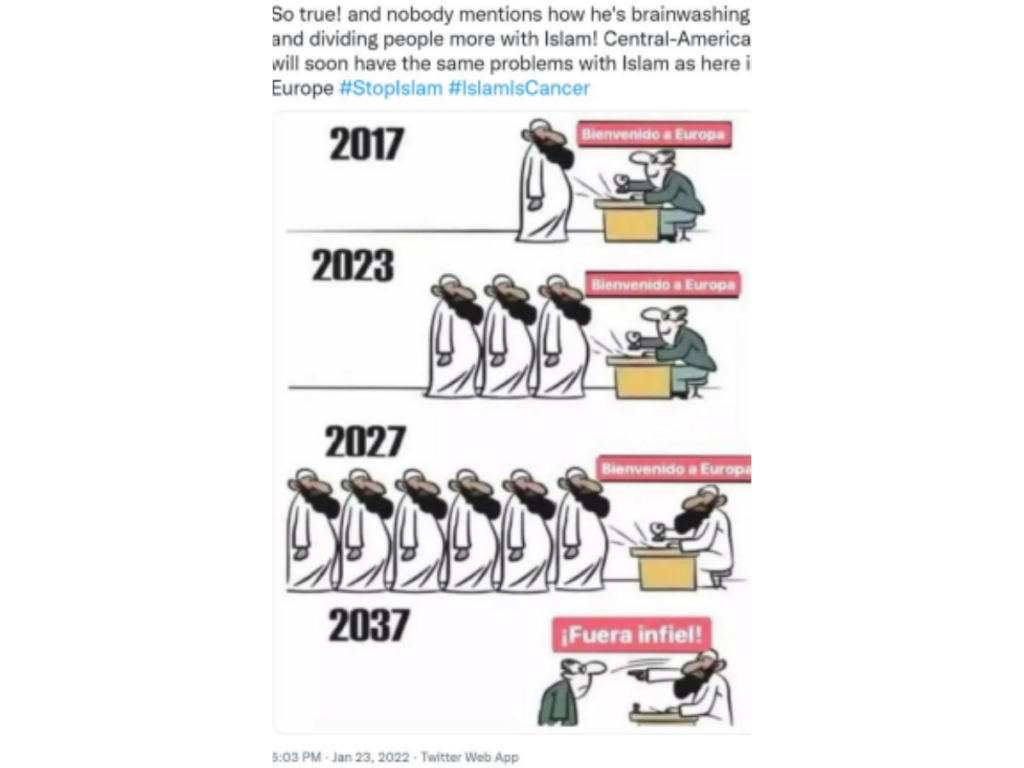
On March 15, 2019, a 28-year-old gunman named Brenton Harrison Tarrant, stormed into two mosques – Al Noor Mosque and Linwood Islamic Centre – situated in New Zealand and started firing indiscriminately on people who had come to attend the Friday prayers. He ended up killing 51 people and injuring 40.
Shocking was the fact that the killing was live-streamed on the social media giant Facebook. Prior to the attacks, Brenton had published an online manifesto, that has now been banned in New Zealand and Australia.
Investigations revealed that Brenton was highly influenced by online hate crime content that vilified Muslims.
After the attack, social media giants Meta, Twitter, and Google in a joint press statement said they were committed to upholding the Christchurch call to eliminate terrorist and violent extremist content online.
However, nothing much has been done to date and content continues to spread lies and fake news in relation to minorities such as Muslims, Jews, and Black people.
A recent report by the Centre for Counselling Digital Hate (CCDH), a US-headquartered international non-profit organisation that researches the algorithm of online hate and misinformation, shows that social media companies like Facebook, Instagram, Tiktok, Twitter, and Youtube have failed to act on 89% of posts containing anti-Muslim hatred and Islamophobic content that they reported.
The CCDH report says that it discovered 530 posts containing anti-Muslim content that was bigoted, dehumanising, racist, and contained false claims but very little action was taken. Moreover, the content was viewed 25 million times, and a majority of which was easily identifiable using hashtags such as #deathtoislam, #islamiscancer etc.
Platforms failed to act
Out of the 89% of anti-Muslim hate content, only 11.3% were acted on.
- 4.9% of the relevant posts were removed.
- 6.4% of the posting account were removed.
- None resulted in posts receiving warning labels.
YouTube failed to act on all the 23 videos that were reported by CCDH. Twitter did not act on 97% of the anti-Muslim hatred reported to them. According to CCDH, this was the worst performance out of the other four platforms.
Facebook failed to act on 94% of the content while Instagram failed to act on 86% of the content. Tik Tok performed the best by acting on 64% of the content being reported.
Content platforms failed to act on
To investigate social media platform’s actions on anti-Muslim hatred content, CCDH tagged various posts and found out:

- Content platform failed to act on racist caricatures of Muslims
- They failed to act on posts that inherently show Muslims as evil
- They failed to attack posts that compared Islam to a disease such as cancer.
- They failed to act on posts that depicted ordinary Muslims as terrorists.
- They failed to act on posts that show Muslim migration as “an invasion” along with hashtags such as #Eurabia #Islamification etc.
- They failed to act on posts that denounce Love Jihad.
- They failed to act on posts that suggest that Muslims “behave secular” when in minority but turn into aggressors when in majorities.
Promoting “The Great Replacement Conspiracy” theory
“The Great Replacement” conspiracy theory was first popularised by French writer Renaud Camus. He claimed that the immigration of non-whites was being used as a policy to induce “genocide by substitution”. That is Europeans were being replaced by non-white immigrants, particularly Muslims.
His theory is widely adopted by the “White Supremacy” and several extremists have cited this theory in their justification of mass killings. The Christchurch mosque killings were highly influenced by this theory.
CCDH report states that the social media giants failed to take down content and videos that promote The Great Replacement theory fuelling nearly 19 million views.

Hashtags used for Anti-Muslim hatred
Hashtags are used to gain easy access to any content. Hence when the hashtags are misused, it can cause a wide range of hate and fake news. For platforms, hashtags direct to content, engage the users, and serve ads, hence generating revenue.
According to the CCDH, “This report analyses Instagram posts featuring hashtags such as #deathtoislam, #islamiscancer, and #stopislamization. Instagram’s own analytics show that these hashtags have been used in 131,365 posts across the platform.”

For instance, Instagram failed to act on the above post that suggests that Muslims have a “plan” to establish “The Sharia Law”. The post was shared using hashtags such as #saveindia, #fuckislam, #stopislam, and #stopislamization. Allowing such hashtags can be detrimental to the Muslim community worldwide.
Host pages and groups spreading hate
CCDH has revealed that Facebook has pages and groups dedicated to spreading anti-Muslim hate online. The report says that collectively they have 3,61,922 followers. A few THINGS about Islam, Christian Defence League – United States, ISLAM means Terrorism, Proud Aussies Against Halal, The Strange Death of Islam, Cancer of Civilization Exposed etc are some of the many pages provided by the CCDH report where hate propaganda is spread and no action has been taken. None of these pages has been taken down by Facebook.

Conclusion
When the Christchurch shooting incident happened, a joint statement by the Big Tech was signed that said they would protect and save the Muslim community from violent extremist content. The report states that for all social media platforms the “Report” button is their first line of defence. But time and again it has been proven wrong.
CCDH mentions that when users click on the “Report” button, nothing much happens. This is because social media platforms profit greatly through advertisements. Hence, content – positive or negative – that comes with ads, generates income, and thus platforms seldom care about spreading hate and propaganda.
The report finally recommends taking down hate and anti-Muslim, racism, or anti-minority content, generating more transparency and abolishing fake news, taking responsibility and accountability, hiring moderators to control online hate, banning Facebook hate groups, anti-Muslim hashtags, and more robust, easy to access and responsive complaint systems.



